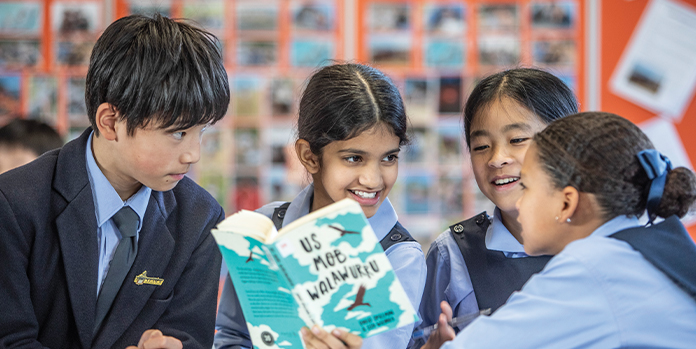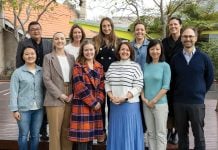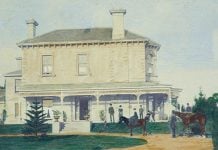Melbourne Grammar is community of ideas, and we ask students to engage with new ways of thinking from their very first days in Prep. As our students progress, we investigate increasingly complex ideas, and this contributes to them developing intellectual independence, flexibility in their approach to learning, and creativity.
One of the ways we introduce complex ideas to our students at Grimwade House is through the literature immersion program we offer Upper Primary students. Across Years 3 to 6, we use “authentic” texts as the basis of this work – that is, those that are written with all readers in mind, not just for the classroom. These texts not only enrich students’ reading skills but also enable them to draw on new ideas from literature and transfer these ideas to their own thinking.
A logical, structured approach
Word recognition skills, such as decoding through phonics1, are foundational to reading development. These skills enable students to quickly and accurately identify written words, which in turn supports reading fluency and comprehension. Alongside phonics, a strong grasp of etymology, grammar and punctuation forms the backbone of literacy. Building proficiency across these areas is a key focus of the Lower Primary curriculum, as it equips students with the tools they need to become confident, independent readers.
As students progress and their capacity for reading comprehension develops, in Upper Primary these early skills are increasingly woven together with higher order skills including vocabulary development, language structure, verbal reasoning and background knowledge of literature as a whole.
We see that, when students have strong capabilities in reading comprehension, they are able to read for understanding, summarise what they have learned, and come to their own conclusions about how this new understanding might impact their own knowledge.
Developing higher order thinking
Alongside reading skills, the study of literature also encourages critical, analytical thinking. We want students to ask: What has the author told us, and what do they mean? If a student encounters the phrase “frighteningly cold”, for example, they learn to infer that a character may be feeling fear as well as cold, and to see how specific words have an effect on the text as a whole.
In deciding which texts to focus on, we look carefully at writing quality to ensure we provide an exceptional model for students. Our teachers also work with literacy experts who ensure they can lead in-depth classroom conversations about each text.
Importantly, the study of literature is also connected to social and emotional development. By reading about life in the 1850s goldfields, for example, students deepen their understanding of societal issues, such as the unequal treatment of women and the Chinese population. In this way, literature helps students develop empathy and understanding as they come to see the world from unfamiliar perspectives.
In Upper Primary literacy, we are going well beyond the basics. Students are developing new ways of thinking and new strategies for approaching knowledge. As they move toward secondary school, Grimwade students have the experience they need to take on new, even more complex ideas with confidence and independence.
Seonaid Chio
Grimwade House Head of Teaching and Learning
- Phonics is a technique used when students are learning to read. This approach focuses on connecting the letters and sounds that make up language. You can read more about our approach to education at Grimwade House in our ‘What does your child need today?’ library available at mgs.vic.edu.au/grimwade-house ↩︎



